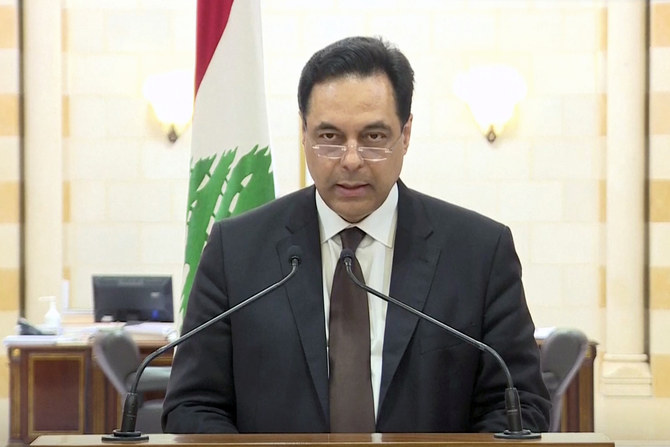ANKARA: Social media giant Facebook’s decision not to appoint a company representative in Turkey could mark the beginning of the end for the platform in the country, according to an industry expert.
New Turkish government regulations, which went into effect on Oct. 1, require all social media firms to open an office or face a hefty fine, an advertising ban, and data restrictions.
Representatives must also be a Turkish citizen, and user data on the networks has to be stored in Turkey.
At 37 million, statistics show Facebook to have more users in Turkey than in any other European country.
But Suleyman Irvan, a professor of journalism at Uskudar University, told Arab News that if Facebook stuck to its reported stance, Turkish users could eventually see the platform’s demise.
Analysts believe that Facebook’s move could also influence the decisions of other social media companies, including Twitter, over whether or not to have legal representation in Turkey.
Under the new Turkish rules, firms not having opened an office in Turkey by Oct. 1 will have to pay a fine of 10 million Turkish liras ($1.26 million) by November, which if unpaid will triple in December. Further refusal to comply would result in an advertisement ban in January next year, and bandwidth being gradually slashed by up to 90 percent until May (which would lead to a post taking about 15 minutes to open).
In a tweet, cyber rights expert Yaman Akdeniz, said: “Although it is a matter of curiosity about how the government will react, if you put a stick on the table without taking the opinions of the stakeholders and pass a very problematic law in terms of fundamental rights and freedoms just in 10 days, the result will be as such.”
The regulation also provides social media users with the opportunity to report content, obliging social media representatives to investigate claims within two days and either remove “unacceptable” items or face a 5 million lira fine.
“Social media giants may have been concerned over this clause because they will have to remove all dissident content if they open a representation office,” Irvan said.
In a country where censorship and the absence of impartial media have become the norm, this clause is believed to have influenced the decision of Facebook. However, the Turkish government said the requirements were aimed at “establishing commercial and legal ties” with the social media platforms.
Turkey’s media watchdog RTUK recently imposed a fine on broadcaster Halk TV over a program in which a journalist went beyond “the boundaries of criticism” with remarks on Azerbaijan’s state of democracy.
RTUK said the penalty was also to show to the world Turkey’s support for Azerbaijan in its conflict with Armenia over the Nagorno-Karabakh region.
“If social media giants end their operations in Turkey, it will also deal a major blow to the media sector, as Turkish people more and more use social media platforms to follow up objective news,” Irvan said.
Isik Mater, a digital rights activist and research director at the NetBlocks monitoring group, told Arab News: “The administrative fees are relatively insignificant in the eyes of these social media giants.
“However, although they risk being deprived from advertisement revenues and bandwidth, Facebook seems to be determined in this decision and I expect that it will be followed by other social media giants as well.”
Turkey ranked among the top 10 countries for users of the social media networks Facebook, Twitter, and Instagram, a survey by London-based We Are Social revealed in February.
Dr. Sarphan Uzunoglu, editor-in-chief of NewsLabTurkey, a digital journalism academy, said Facebook’s decision was not just about the company itself but the future of already oppressed communities and professional groups in Turkey.
“Having a representative here would make Facebook more responsible about user-generated content, which is a problematic content type big technology companies love but try to avoid the responsibility about the most.”
He noted that Facebook’s move could trigger a broader debate on the taxation of media actors and professionals.




